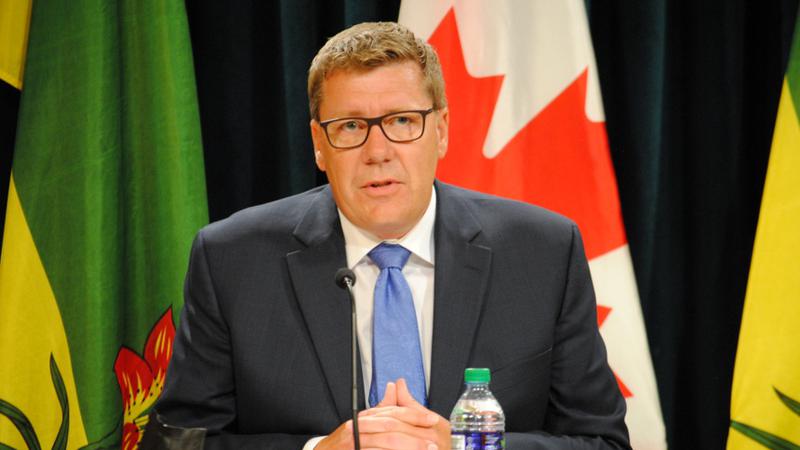
Moe says unvaccinated will find things ‘more uncomfortable’ in Sask.
Premier Scott Moe issued a warning Monday to residents of the province who aren’t vaccinated against COVID-19.
“It’s going to be increasingly more uncomfortable for you in Saskatchewan to make the choice to not be vaccinated,” Moe said during a media conference.
“There’s going to be events that you’re not going to either be able to attend or you’re not going to be able to attend without a recent negative test. To date, we’ve had none of that.”
Moe and Dr. Saqib Shahab — Saskatchewan’s chief medical health officer — provided their first COVID update since July 7, a reflection of increasing case numbers and hospitalizations in the province.



